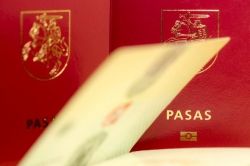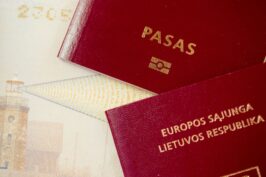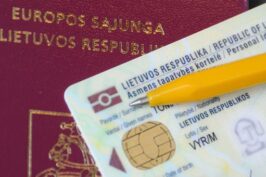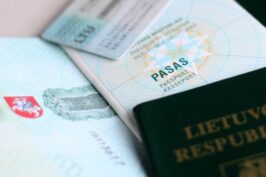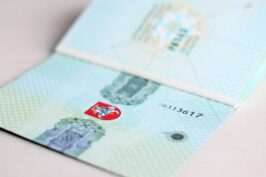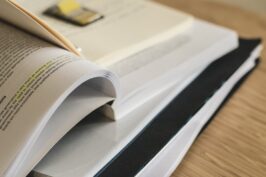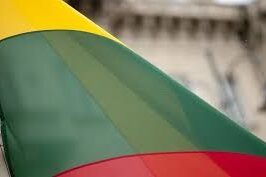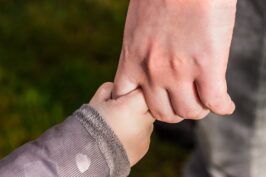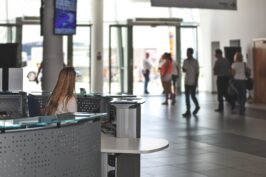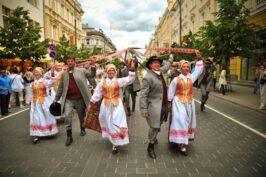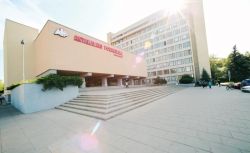- Home
- Educational institutions in Lithuania
Educational institutions in Lithuania
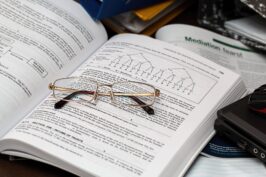
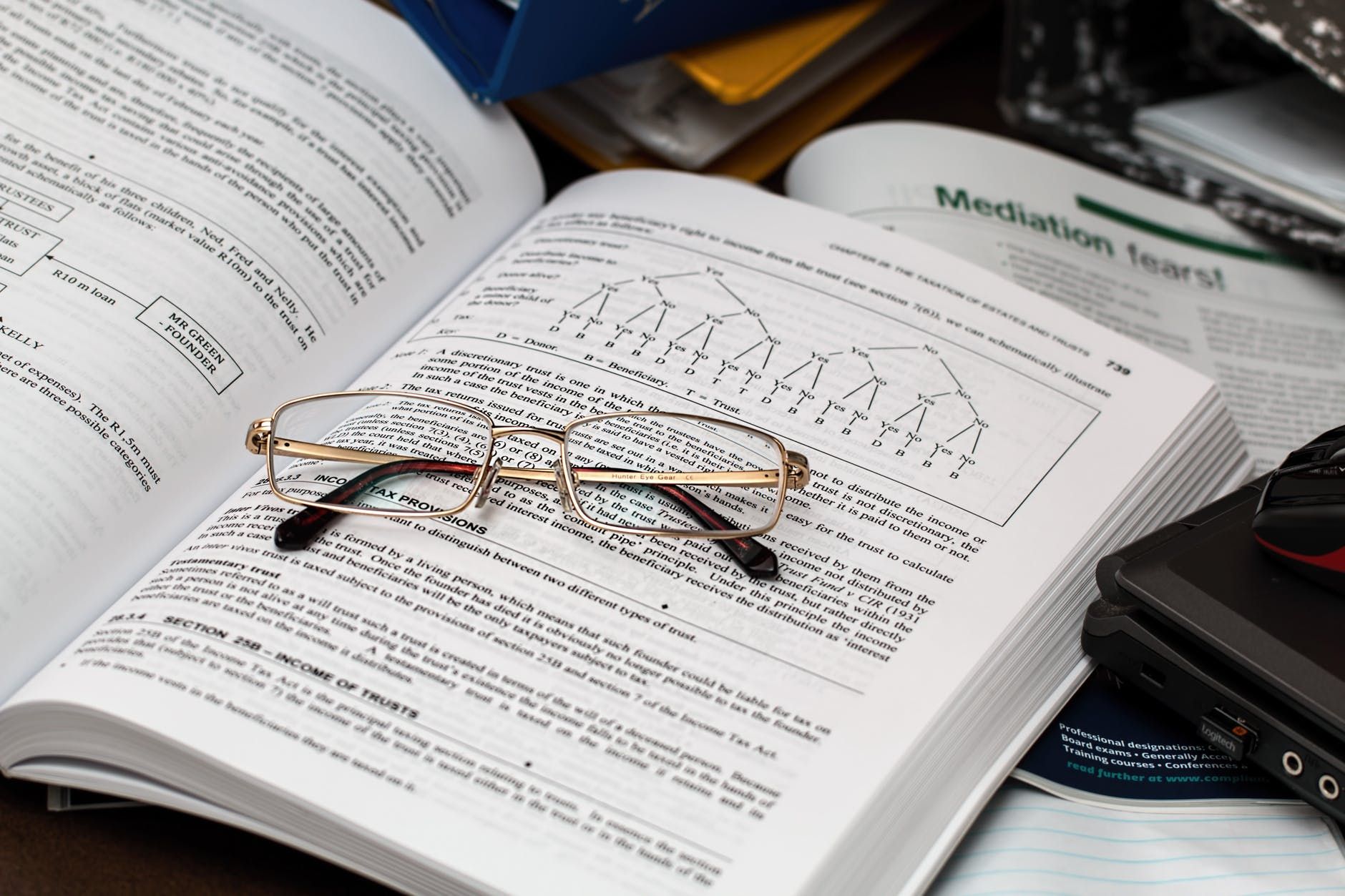
An educational institution is an institution for education and studies. In Lithuania, educational institutions are divided to groups that form the national system of education. The following groups are singled out:
Preschool educational institutions
General education schools
Primary schools
Basic schools
Secondary schools
Gymnasiums
Conservatories
Higher schools
Colleges
Universities
Foreign higher schools
At preschool educational institutions, children in the age from birth to 6 years are educated. Preschool educational institutions include nursery-kindergartens, kindergartens and pre-primary schools. They may be municipal or private. At such institution, education is not mandatory and is arranged at requests of the parents only.
One subgroup of preschool educational institutions should be singled out. It includes those for all children over 6 years old (in exceptional cases – from the age of 5 years) and lasts for one year. At such institutions, the children are prepared for learning at a primary school.
At general education school, the process of education is divided to several phases.
Primary education is targeted on children in the age from 7 to 10 years. It lasts for 4 years (1–4 forms). This education is compulsory; however, the parents may choose a state-supported school, a municipal school or a private school for their children and change them at their own discretion.
Basic education lasts for 6 years (5–10 forms of a secondary school or the forms I–II of a gymnasium). It is a compulsory education as well. Up to the age of 16, a pupil cannot cancel learning in the compulsory education programmes.
Secondary education is not compulsory anymore. It consists of 2-year programme (11–12 forms of a secondary school or the forms or the forms III–IV of a gymnasium). Secondary education is chosen by pupils that plan to study, to acquire a professional qualification or to be issued a diploma of higher education.
If a pupil does not strive for studies at a higher school, he (she) can choose a vocational training programme at a vocational school. Such schools provide a possibility to acquire and improve a qualification.
In addition to a qualification, vocational schools provide an opportunity to acquire the general (basic or secondary) education. The programmes last for 2 – 3 years dependently on the chosen type of general education (basic or secondary or adapted for persons with special needs). For those having completed the secondary education programme, the vocational programme lasts for 1–2 years.
After completion of a vocational training programme and the final examinations, a person is awarded with a qualification. If such a person acquires also a secondary education, he (she) may be admitted to studies at a college or a university.
Higher education studies are arranged by higher education schools; they may be of two types – universities and colleges. Higher schools of Lithuania are state-supported and private.
Higher education studies may be accomplished according to degree study programmes and non-degree study programmes.
College studies provide the knowledge and skills required for professional activities. At least one third of such a study programme is formed by practical training. A graduate of such study programme, after completion of additional studies and acquisition of work experience, may be admitted to master’s studies at a university. College studies are offered by state-supported and private colleges.
University studies provide versatile general education, theoretical knowledge and the professional skills of the top level. University bachelor’s studies last for four years, part-time university bachelor’s studies usually last for five years. After their completion, a degree of a bachelor is awarded. Is a person is a bachelor, he (she) may be admitted to master’s studies. The master’s studies last for 1.5–2 years. After completion of the master’s studies, a graduate may be admitted to doctor’s studies (they last for four years). These studies will a basis for future academic activities. University study programmes are offered by universities, academies and seminaries.
According to data provided by the Ministry of Education and Science, following educational institutions operate in Lithuania at present:
Preschool educational institutions – 735
General education school 1192
Colleges – 23
Universities – 22
